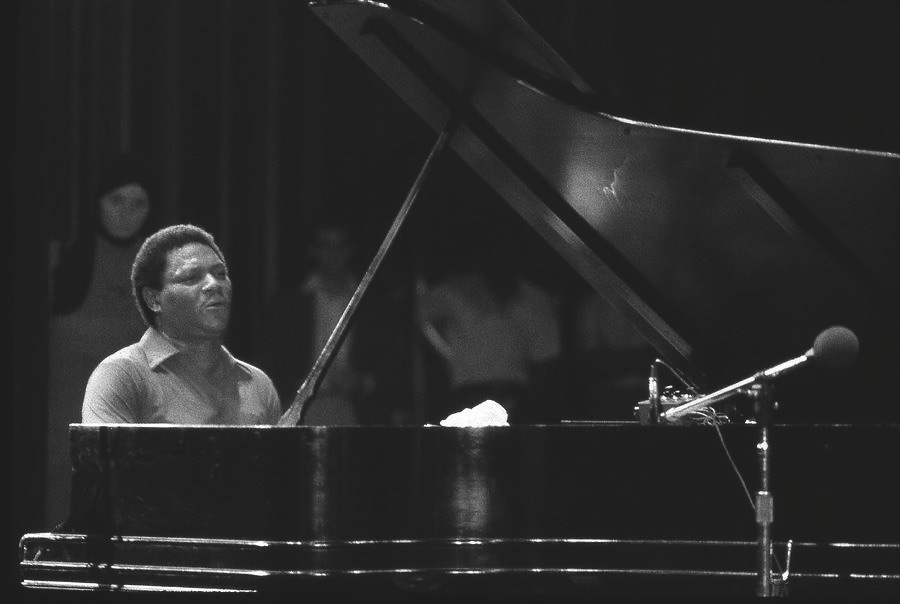The Making of Fly with the Wind
Orrin Keepnews, Producer on McCoy Tyner's classic recording
McCoy Tyner was was renowned for his distinctive piano style, which was characterized by the use of a powerful left hand, rich and complex chord voicings, and a pentatonic approach that was heavily influenced by African and other global music traditions. This made his playing instantly recognizable.
He was a key figure in the development of modal jazz, particularly through his work with the legendary John Coltrane Quartet. Modal jazz is a type of jazz that eschews traditional chord progressions in favor of modes, or scales, which provide a different kind of harmonic structure for improvisation.
Tyner's work has influenced countless musicians, both his contemporaries and subsequent generations of jazz artists. His approach to harmony and rhythm expanded the vocabulary of jazz piano and is often cited as a major influence by a wide array of pianists and composers.
Beyond his work with Coltrane, Tyner had a successful solo career. He recorded a series of highly acclaimed albums as a leader and was known for his compositions as well as his performances.
The legacy of McCoy Tyner is one of innovation, exploration, and a deep commitment to the expressive potential of jazz. His music continues to inspire and challenge musicians, offering a roadmap for the exploration of harmonic and rhythmic possibilities within the jazz idiom.
One of McCoy’s most popular recordings was “Fly with the Wind.” From the podcast series, Orrin Keepnews, Producer, Mr. Keepnews discusses the production of “Fly with the Wind.”


